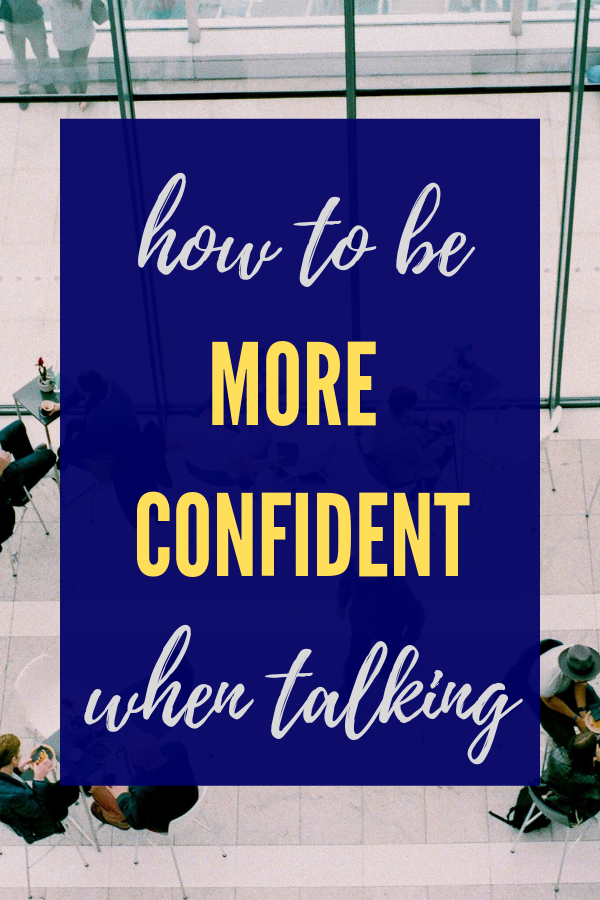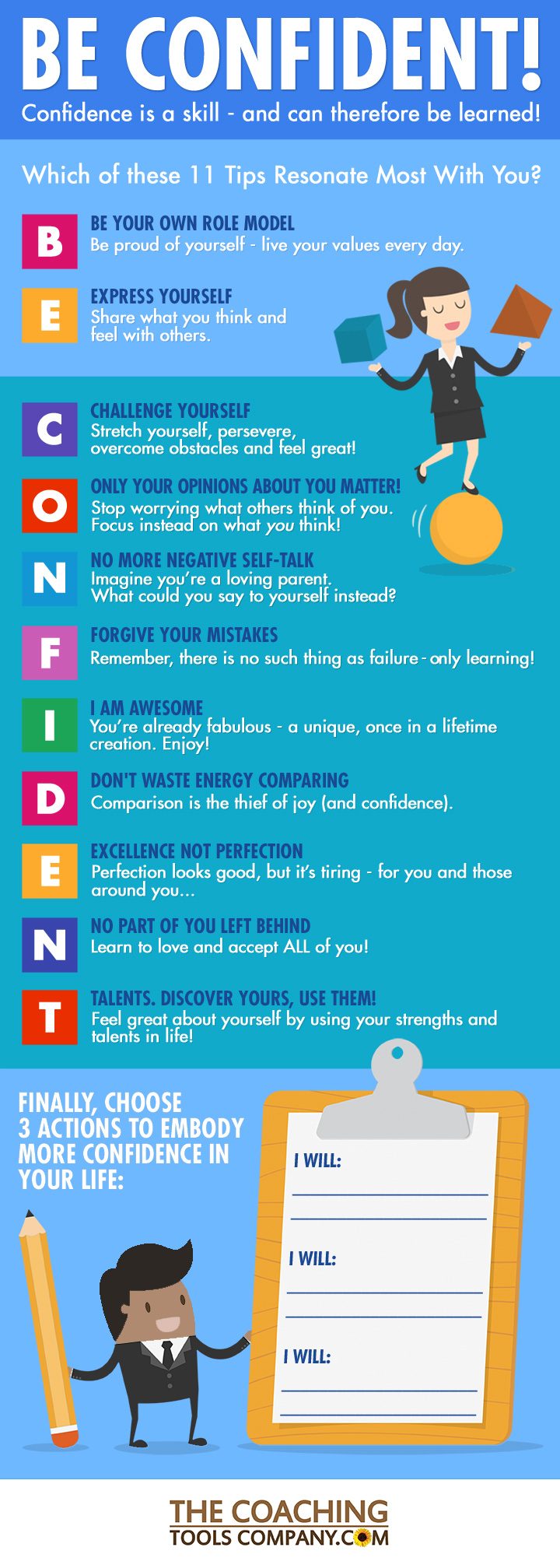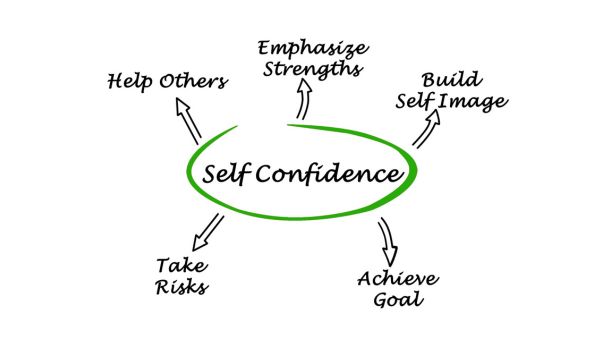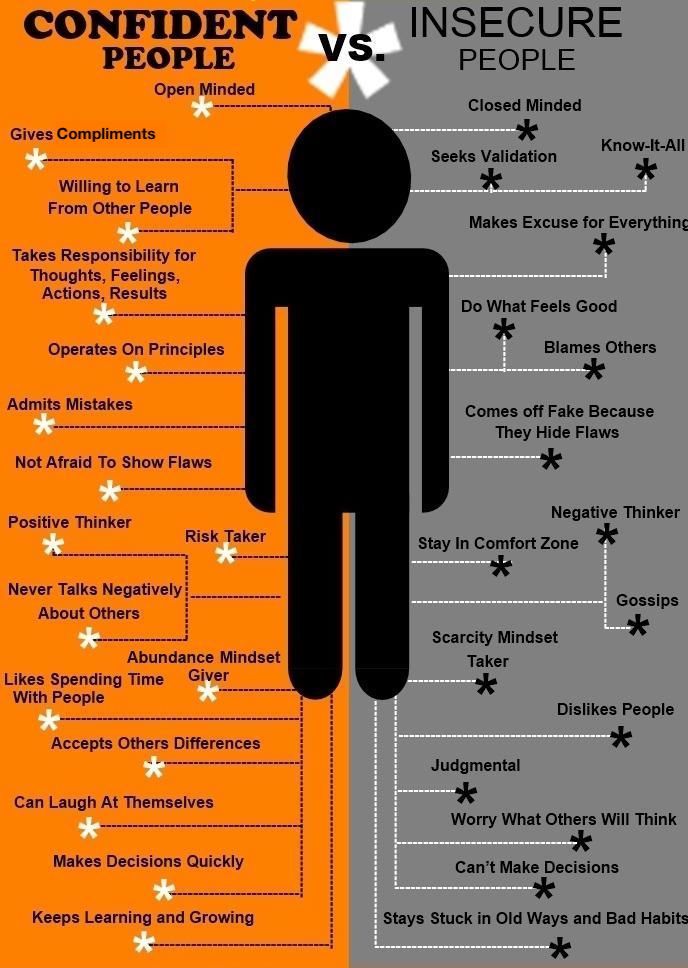How To Be More Confident Talking To People

Feeling tongue-tied? You're not alone. Millions struggle with communication apprehension, but concrete steps can significantly boost your confidence in social situations.
This article delivers actionable strategies, backed by communication research, to help you navigate conversations with ease and assurance.
Understand Your Anxiety
First, acknowledge your feelings. Communication apprehension is real and affects a large segment of the population. Studies show that around 40% of adults experience some form of social anxiety.
Identifying the source of your anxiety is crucial. Is it fear of judgment, lack of preparation, or past negative experiences?
Once you pinpoint the root, you can start to address it proactively. Remember, understanding is the first step towards overcoming.
Preparation is Key
Second, prepare for common conversation scenarios. Think about upcoming events or meetings. What topics are likely to arise?
Research suggests that even a little preparation reduces anxiety. Jot down some talking points or questions you can use as conversation starters.
Having a mental script can make you feel more in control. This combats the feeling of being caught off guard.
Practice Active Listening
Third, focus on active listening, not just talking. Really hear what the other person is saying. This shifts your focus outwards, reducing self-consciousness.
Active listening involves paying attention, nodding, and asking clarifying questions. It signals that you’re engaged and interested in the conversation.
It also gives you more time to formulate your responses thoughtfully. This reduces the pressure to be witty or profound.
Body Language Matters
Fourth, pay attention to your body language. Studies show that nonverbal cues account for a significant portion of communication.
Maintain eye contact, stand or sit tall, and smile. Open body language signals confidence and approachability.
Avoid fidgeting or crossing your arms. These actions can convey nervousness or disinterest.
Start Small and Practice
Fifth, start with small steps. Don't try to conquer your fears overnight. Begin by striking up conversations with people you feel comfortable with.
Practice initiating conversations with cashiers or baristas. This will help you build confidence in low-stakes situations.
Each small victory builds momentum and makes tackling larger social interactions less daunting.
Embrace Imperfection
Sixth, accept that you won't always be perfect. Everyone makes mistakes in conversations. The key is to learn from them and move on.
Don't dwell on awkward moments or stumbles. Forgive yourself and focus on the positive aspects of the interaction.
Remember, authenticity is more valuable than flawless communication.
Seek Professional Help
Seventh, consider seeking professional help if anxiety is overwhelming. A therapist or counselor can provide tailored strategies and support.
Cognitive Behavioral Therapy (CBT) is a proven method for addressing social anxiety. It can help you identify and challenge negative thought patterns.
Don't hesitate to reach out for help. It’s a sign of strength, not weakness.
Ongoing Development
Building confidence is a continuous process. Continue to practice these strategies and seek feedback.
Join a public speaking group or take an improv class. These activities push you outside your comfort zone in a supportive environment.
Stay committed to self-improvement, and you'll see noticeable progress over time.


















